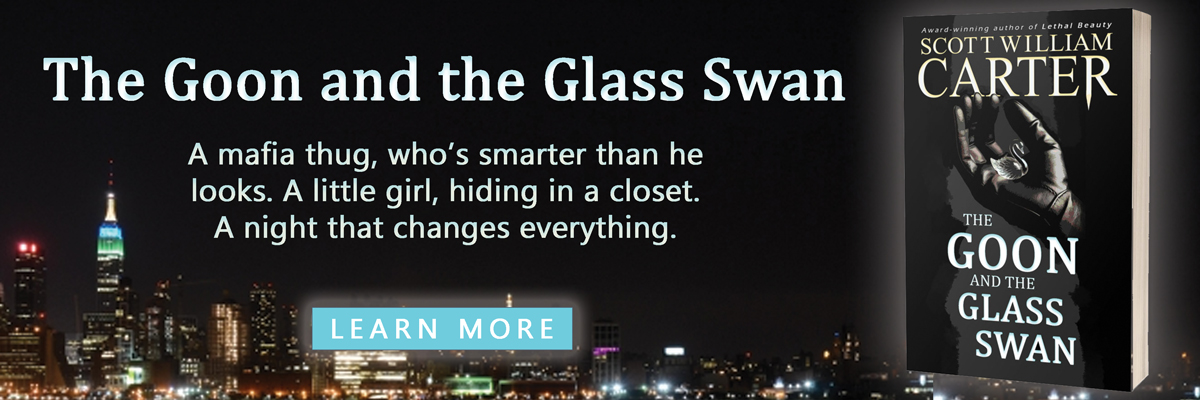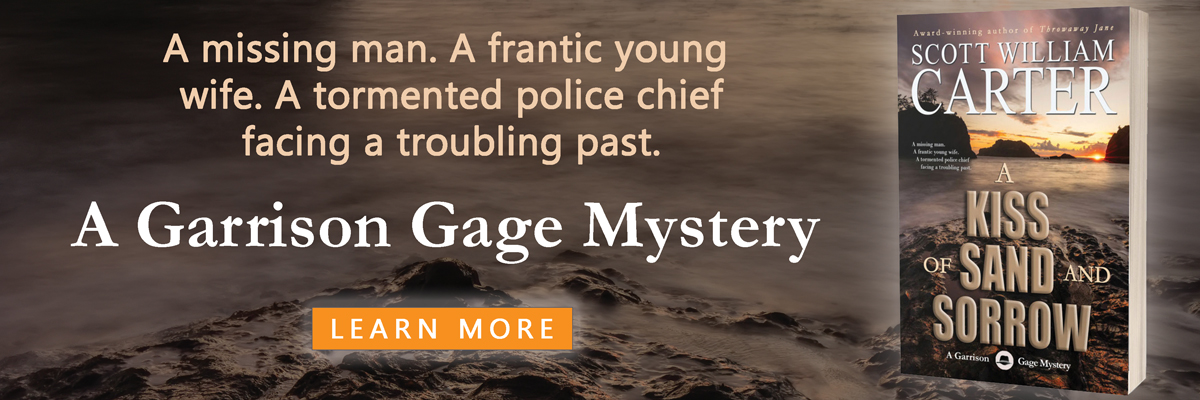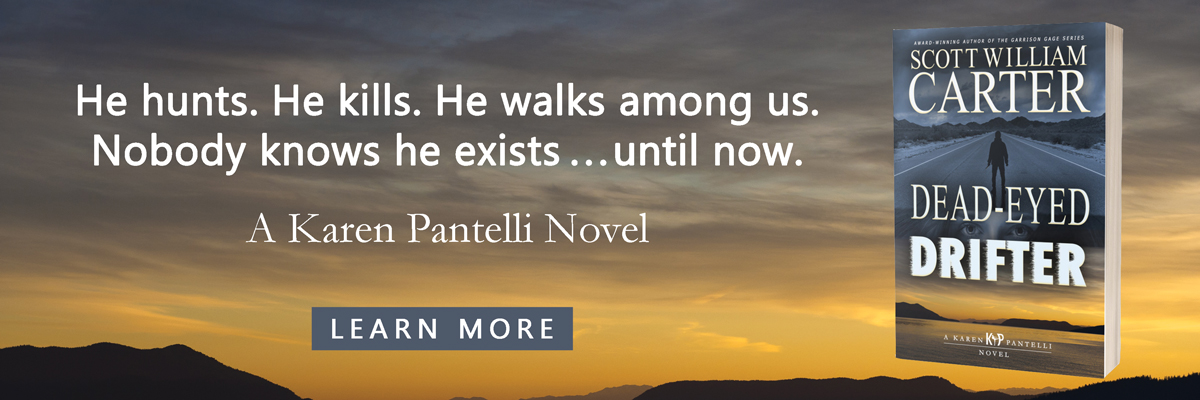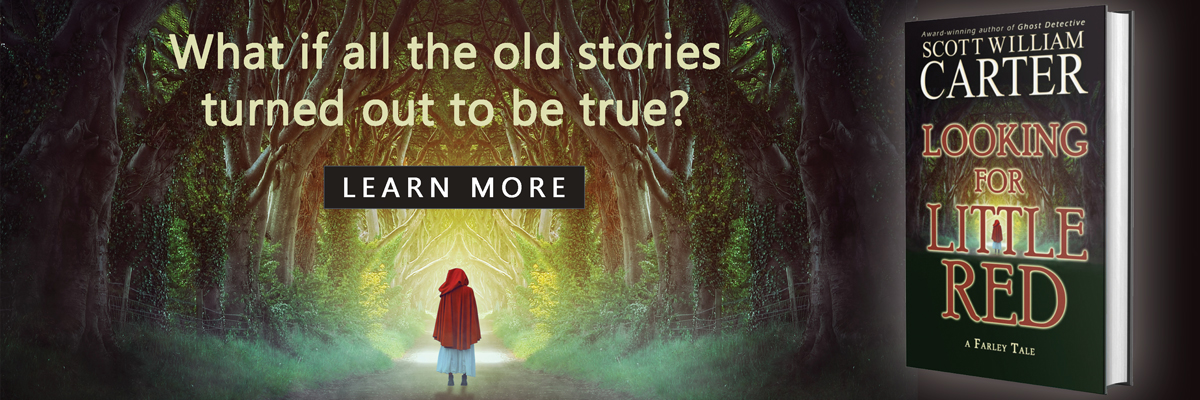Over at Writer-in-Law, M. Scott Boone, a law professor specializing in intellectual property law, is allowing his blog readers to follow along while he teaches a course on copyright:
So, asking what is an “original work of authorship” is basically asking “What gets copyright protection?” Sure, there’s the “fixed in any tangible medium of expression” part, but that is not the difficult part to satisfy.
Accordingly, originality is often said to be “[t]he sine qua non of copyright.”
If you want the short answer, here it is. Originality includes two related concepts. First, the work must be original to the author; in other words, it cannot be copied from another. Second, it must contain at least a modicum of creativity. This is a fairly low hurdle.
If you treat your art in a professional manner, and have any interest at all in making money at what you do, then understanding how you license copyright is critical. Well worth following Boone’s posts.




